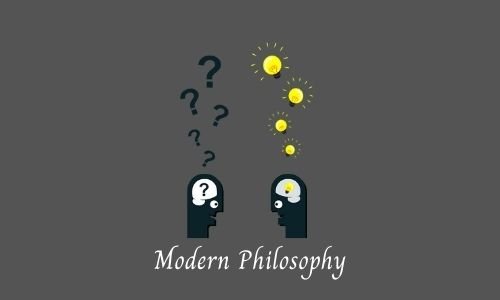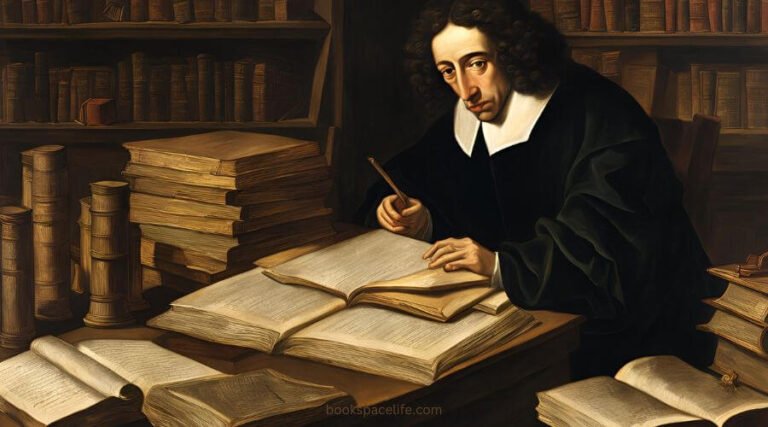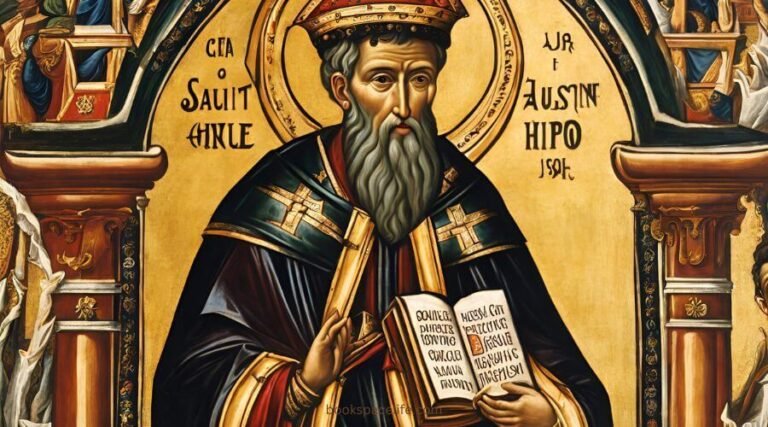Philo of Alexandria
Karl Barth: A Revolutionary Theologian and Philosopher
Karl Barth, one of the most influential Christian theologians of the 20th century, is widely regarded for reshaping Protestant theology in ways that continue to resonate today.
Known for his critique of liberal theology and his insistence on the centrality of divine revelation, Barth’s work has had a profound impact on both theology and philosophy.
His life and ideas mark a turning point in modern Christian thought, particularly in the areas of Biblical exegesis, Christian doctrine, and the relationship between faith and reason.
In this blog post, we will explore Barth’s life, his educational journey, the development of his theology, and his lasting influence on theology and philosophy.
Table of Contents
(1) Early Life and Education
Karl Barth was born on May 10, 1886, in Basel, Switzerland, into a family deeply committed to the Christian faith.
His father, a prominent professor of theology, and his mother, a devout Christian, set the foundation for Barth’s lifelong engagement with religion and philosophy.
The family’s intellectual atmosphere was intellectually stimulating, and Barth was encouraged to pursue a rigorous academic path.
However, despite this strong religious background, Barth’s own early theological education took him through a period of skepticism toward certain traditional views of Christianity.
Barth attended the University of Berlin (1904-1906), where he studied theology.
During his time at Berlin, he was exposed to the major philosophical and theological ideas of the time, particularly the works of Wilhelm Herrmann and Adolf von Harnack, who represented liberal theology—a view that emphasized human experience, rationality, and historical-critical methods in interpreting the Bible.
Liberal theology’s focus on human reason and the immanence of God was attractive to Barth initially, but he soon found its approach to the Bible and divine revelation unsatisfactory.
After Berlin, Barth moved to the University of Tübingen and later the University of Marburg, where he studied under renowned theologians such as Heinrich Scholz.
It was at Marburg that Barth became increasingly disillusioned with liberal theology and its emphasis on human autonomy in relation to divine revelation.
Barth’s encounter with the works of Kant and Hegel during this period played a role in his philosophical formation, especially as he grappled with the tension between faith and reason.
Barth’s intellectual journey took a definitive turn during his time in Geneva and Munich, where he began to be exposed to more conservative theological viewpoints.
This period was a turning point that saw Barth’s thoughts on divine revelation and human knowledge evolve into the revolutionary ideas for which he is known today.
(2) Early Career and Influence of World War I
In 1911, Barth was ordained as a pastor in the Swiss Reformed Church and began his ministry in the small town of Safenwil in Switzerland.
It was during his pastorate that Barth experienced a crisis of faith that would lead to his departure from liberal theology.
As a pastor, Barth faced the difficulty of reconciling the liberal theological emphasis on human autonomy with the realities of human suffering and sin, especially during the First World War.
World War I was a pivotal moment for Barth. The war, along with the rise of nationalism, human suffering, and political upheaval, forced Barth to reevaluate the Christian church’s role in society and its relationship to modern thought.
His deep disillusionment with liberal theology’s optimism about human reason and progress led him to the conviction that only a strong, radical return to the authority of God’s revelation in Jesus Christ could offer a true foundation for Christian faith and action in the modern world.
(3) Barth’s Theology and Philosophy
Barth is best known for his monumental work, Church Dogmatics, a multi-volume system of Christian theology that he began writing in the 1920s.
His theology, often referred to as Neo-Orthodoxy or dialectical theology, stands in stark contrast to liberal theology and is centered on the sovereignty of God and the radical difference between God and humanity.
‘(i) Revelation and God’s Word
At the core of Barth’s theology is the belief that God is wholly transcendent—beyond human comprehension, beyond reason, and beyond the capacities of the human mind to fully grasp.
Barth rejected liberal theology’s emphasis on human experience and reason as the foundation for understanding God.
Instead, he argued that divine revelation is entirely initiated by God and is revealed through Jesus Christ as the Word of God.
Barth believed that God’s revelation is not something that humans can attain through reason, but is something that God chooses to make known through His Word.
Scripture for Barth was not simply a historical document to be interpreted by human reason, but the medium through which God’s living Word continues to speak to humanity.
In this, Barth emphasized that the Bible should not be treated as a static, human product, but as a dynamic source of divine revelation that actively shapes the life of the believer.
(ii) Theological Anthropology and Human Sin
Barth’s theology also addressed the human condition in a radically different way. He believed that humanity was marked by sin and alienation from God, and that only through God’s grace could humans be reconciled to their Creator.
Barth’s theological anthropology posited that human beings are not capable of knowing or saving themselves; salvation is entirely dependent on God’s revelation and mercy.
In this respect, Barth focused on the grace of God rather than human striving, presenting a robust doctrine of redemption.
Barth’s emphasis on God’s free and unearned grace had profound implications for his views on salvation and justification.
In his interpretation of Paul’s letters, particularly the Epistle to the Romans, Barth emphasized that salvation is not a result of human effort, but a gift from God, freely given, through the life, death, and resurrection of Jesus Christ.
(iii) Doctrine of the Trinity
Another key feature of Barth’s work is his treatment of the doctrine of the Trinity. Barth’s understanding of the Trinity was shaped by his belief in God’s complete transcendence.
For Barth, the doctrine of the Trinity was not simply an abstract theological concept but an essential part of God’s self-revelation to humanity.
He argued that the doctrine of the Trinity should not be viewed as a distant theological formulation but as a means of understanding the dynamic and personal relationship between God the Father, Son, and Holy Spirit.
(4) Barth’s Influence and Impact
Karl Barth’s influence on theology, philosophy, and Christian thought cannot be overstated.
His challenge to liberal theology reshaped the intellectual landscape of the 20th century.
Barth’s emphasis on divine revelation, his critique of human autonomy, and his insistence on the sovereignty of God influenced both conservative and progressive theologians.
Barth was not only a theologian but also a public figure. He became a vocal critic of Nazi ideology, and in 1934, he was one of the key signatories of the Barmen Declaration, a document that opposed the German Christian movement’s alignment with Hitler.
Barth’s theology offered a strong resistance to the ideological manipulation of religion for political purposes, and his work inspired many theologians to engage in political resistance against authoritarian regimes.
Barth’s impact extended beyond theology. His philosophical insights into the limits of human reason, the problem of human sin, and the role of divine grace have influenced many contemporary philosophers, especially those concerned with existentialism, phenomenology, and postmodernism.
His work laid the groundwork for a theocentric approach to philosophical inquiry, one that underscores the radical difference between the Creator and the creature.
(5) Legacy
Karl Barth passed away on December 10, 1968, leaving behind a legacy that continues to shape Christian thought.
His work remains essential to anyone studying modern theology, and his critiques of liberal theology still resonate in discussions about the role of faith in a postmodern world.
Through his emphasis on the absolute transcendence of God, the authority of Scripture, and the free grace of God, Barth remains one of the most significant and original voices in 20th-century theology.
His ideas continue to challenge and inspire theologians, philosophers, and scholars worldwide.
Whether in the context of Christian ethics, social justice, or the nature of divine revelation, Karl Barth’s theological revolution remains a touchstone for those seeking to understand the complexity of faith and reason in the modern world.








